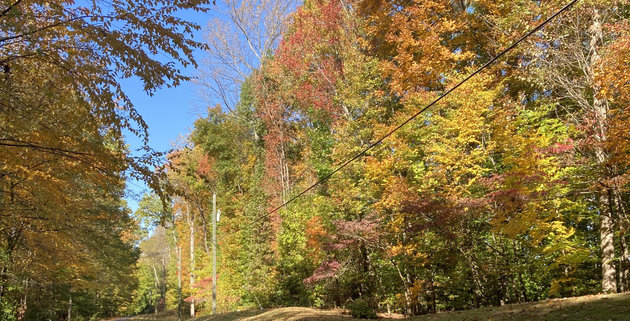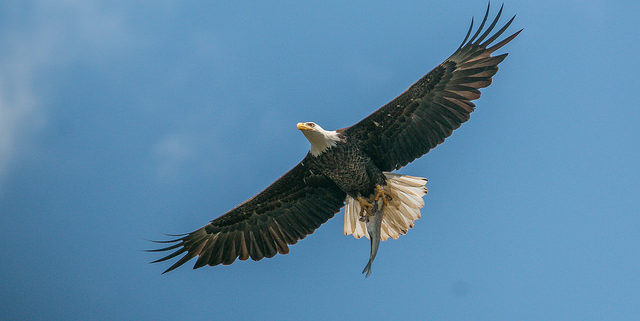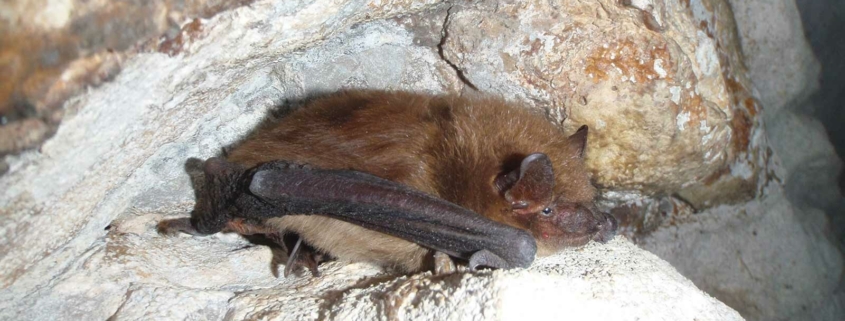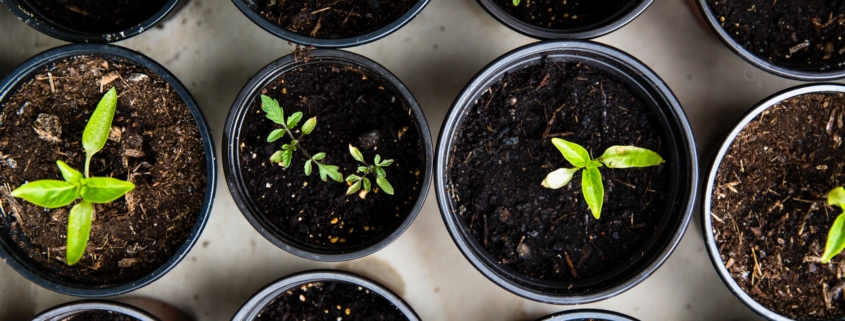Butterfly and Dragonfly Surveys, April-October
Photos: Top: L-R Sam Schaen – Monarch Butterfly, Juan Gonzalez, Peck’s Skipper
Bottom: L-R Photo by Ana Ka’ahanui – Halloween pennant dragonfly, Ana Ka’ahanui -Blue Dasher dragonfly
Butterfly and dragonfly surveys are carried out in temperate months (April-October), normally on Friday mornings, at one of four sites ( listed below) around Occoquan Bay, all within the 15-mile diameter circle established for the annual North American Butterfly Association’s Annual Count.
The results of these surveys are made available to the participants and other interested individuals and agencies, including the Fairfax County Park Authority, the Northern Virginia Regional Park Authority, and agencies of the U.S. Interior Department. The results of the butterfly-dragonfly surveys are summarized, along with the results of the general surveys, in an annual report.
Survey: Occoquan Regional Park Butterfly and Dragonfly
Friday, May 30, 2025
8:30 AM 12:00 PM
Occoquan Regional Park
9751 Ox Road, Lorton, VA, 22079 United States
Participation is limited. Email us to make a reservation here.
Survey: Metz Wetlands Butterfly and Dragonfly
Friday, May 23, 2025
8:30 AM 12:00 PM
Metz Wetlands
15875 Neabsco Road Woodbridge, VA, 22191 United States
Participation is limited. Email us to make a reservation here.
Survey: Meadowood Butterfly and Dragonfly Survey
Friday, June 6, 2025
8:30 AM 12:00 PM
Meadowood Recreation Area
10406 Gunston Road Lorton, VA, 22079 United States
Participation is limited. Email us to make a reservation here.
Survey: Occoquan Bay NWR Butterfly and Dragonfly
Friday, June 13, 2025
8:30 AM 12:00 PM
Occoquan Bay NWR
13950 Dawson Beach Road Woodbridge, VA, 22191 United States
Participation is limited. Email us to make a reservation here.


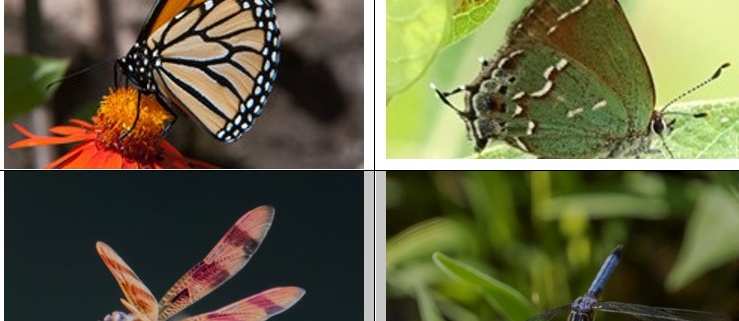
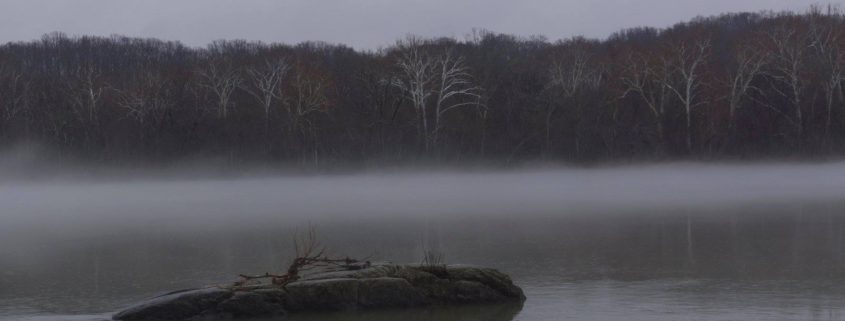
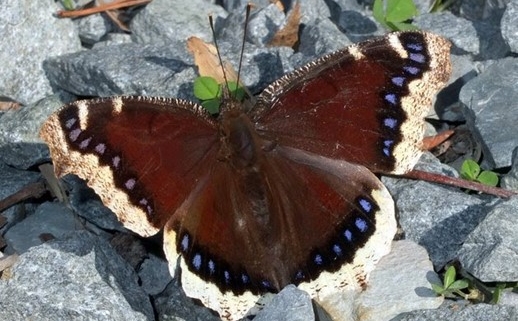
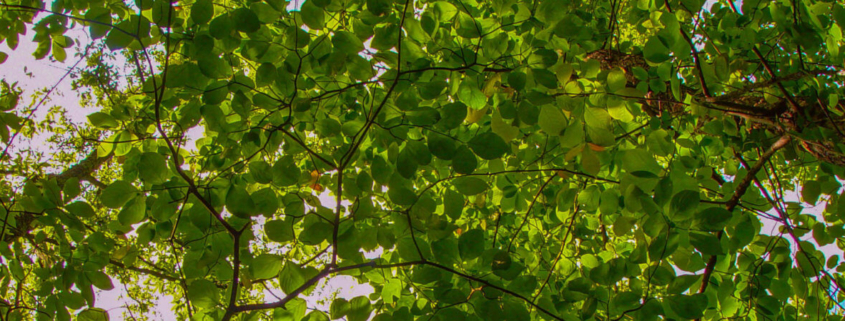
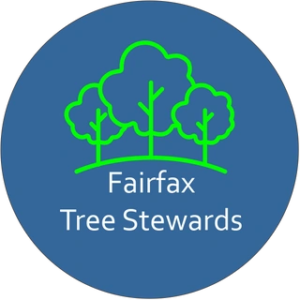 with Fairfax Tree Stewards (FTS). FTS is an educational, non-profit, volunteer organization providing specialized training and certification focusing on trees. It is a program under the auspices of
with Fairfax Tree Stewards (FTS). FTS is an educational, non-profit, volunteer organization providing specialized training and certification focusing on trees. It is a program under the auspices of 